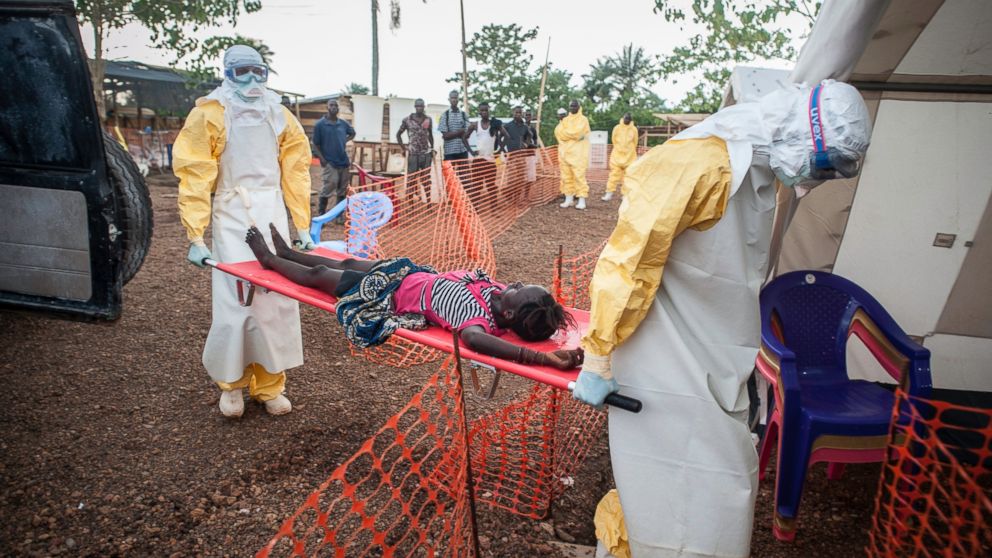
The Bill and Melinda Gates Foundation recently announced it will give $50 million to help fight the Ebola virus crisis which has killed 2,200 people in West Africa.
The foundation said in a statement that the money will help international relief groups and national governments "to purchase badly needed supplies and scale up emergency operations in affected countries."
It will also "work with public and private sector partners to accelerate the development of therapies, vaccines, and diagnostics that could be effective in treating patients and preventing further transmission of the disease."
Bill Gates, who is one of the wealthiest men in the world according to Forbes, takes seriously Luke 12:48, which states, "From everyone who has been given much, much will be demanded; and from the one who has been entrusted with much, much more will be asked." His organization, which regularly pledges millions in development and relief work across third world countries, has already committed more than $10 million to fight Ebola, and will send another $2 million to the CDC to support incident management, treatment, and health care system strengthening.
The deadly Ebola virus has killed over 2,200 people and infected 4,300 within the West African countries of Guinea, Liberia and Sierra Leone, and recently spread to Nigeria and Senegal.
"This Ebola epidemic is the largest, most severe and most complex we've ever seen in the nearly 40-year history of this disease," Dr. Margaret Chan, director-general of the World Health Organization, said earlier this month. "No one, even outbreak responders, (has) ever seen anything like it."
Fighting the deadly disease will certainly be costly; the U.N. has estimated that close to $600 million will be needed in supplies and medicine. Thus far, the U.S. government has sent $110 million to West Africa, while The U.S. Agency for International Development pledged it will make another $75 million in funds available.
BBC News reported that the British government has also committed $40 million to fight Ebola, while the European Union has pledged funding worth $180 million to help West African governments strengthen their health services.
Medical charity Medecins Sans Frontieres international president, Dr Joanne Liu, said last week: "While funding announcements, roadmaps, and finding vaccines and treatments are welcome, they will not stop the epidemic today.
"It is imperative that states immediately deploy civilian and military assets with expertise in biohazard containment."
Earlier this week, President Barack Obama announced that he will send U.S. troops to West Africa to help fight the outbreak, calling it a "serious national security concern."
"We're going to have to get U.S. military assets just to set up, for example isolation units and equipment there to provide security for public health workers surging from around the world," Obama said.
"If we don't make that effort now, and this spreads not just through Africa but other parts of the world, there's the prospect then that the virus mutates. It becomes more easily transmittable. And then it could be a serious danger to the United States," he added.














